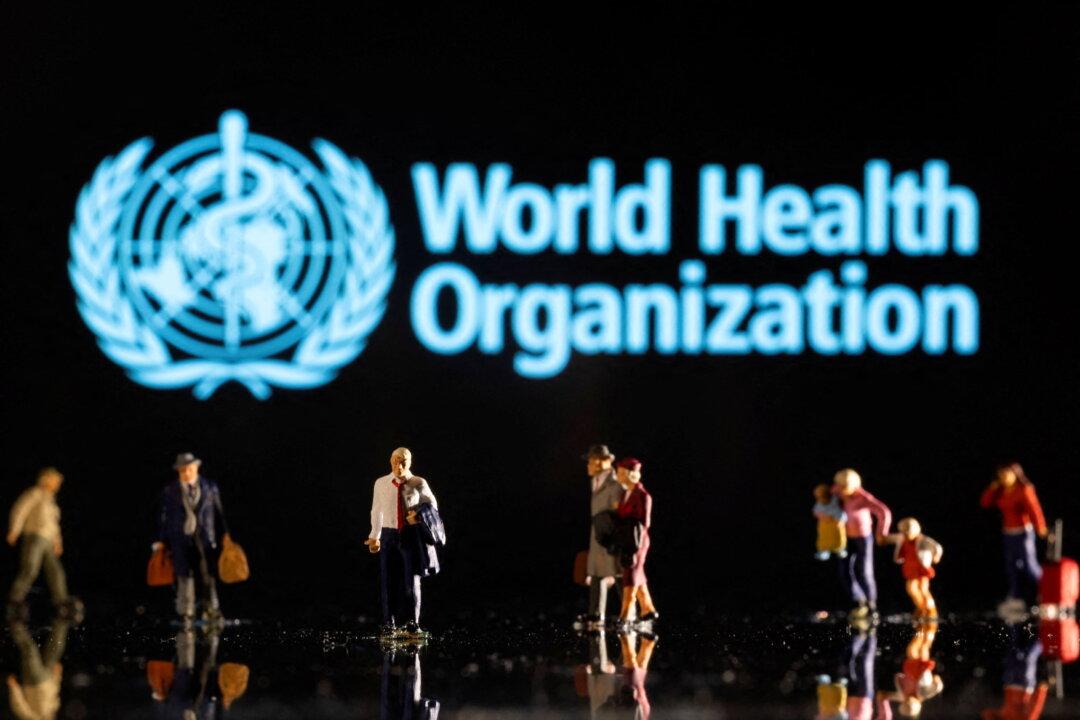More than 200 health journals have simultaneously published an editorial calling on the World Health Organization (WHO) to declare the “climate and nature crisis” as a global health emergency, even as many scientists challenge the environmentalist propaganda.
“The world is currently responding to the climate crisis and the nature crisis as if they were separate challenges. This is a dangerous mistake,” said the Oct. 25 editorial, as published in the British Medical Journal (BMJ). “The World Health Organization should declare the indivisible climate and nature crisis as a global health emergency.” The editorial claimed that climate change is set to “overtake deforestation and other land use change as the primary driver of nature loss.”





